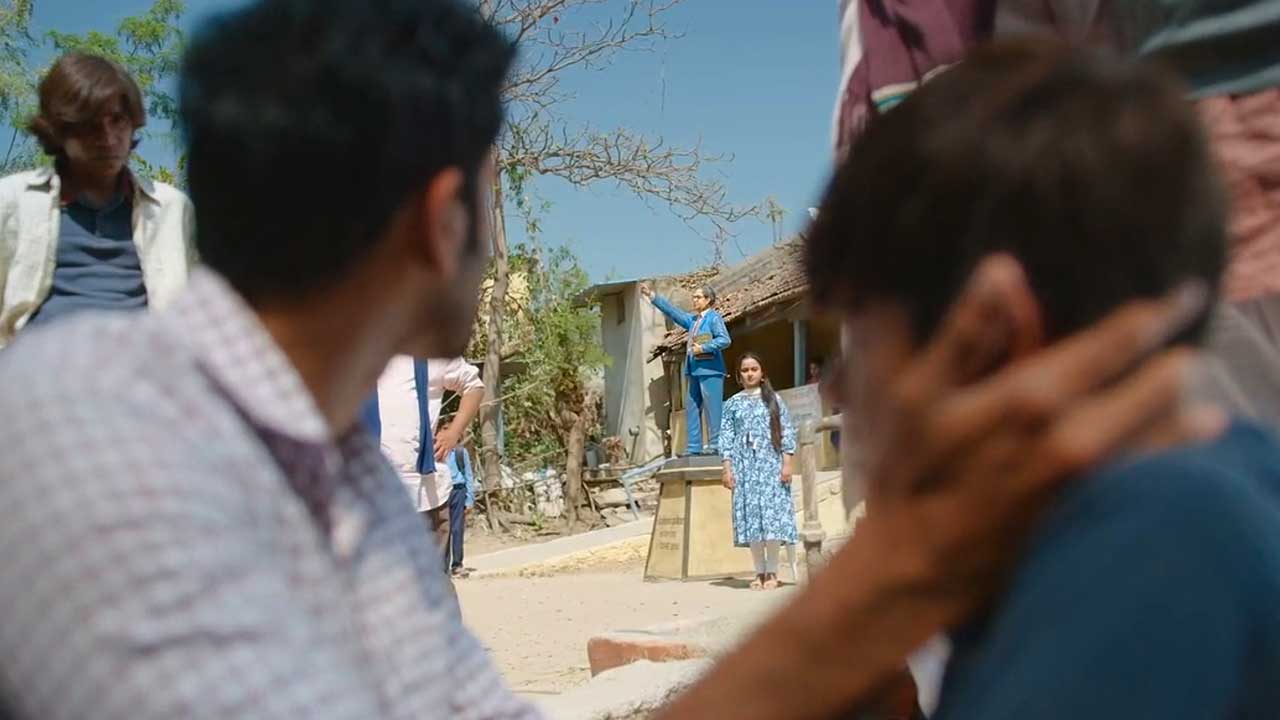India was a land of rivers of milk. It was known as the golden bird’ – what is the source of this sort of propaganda about India’s past and who are the people who swallow it hook, line and sinker. There must hardly be a person who won’t feel proud in believing this propaganda. My students of journalism also face the problem of how to get a correct view of history. People like me cannot remove their doubts by lecturing them on the politics of history. The younger generation is less interested in theoretical things. It prefers to learn through examples. It also wants to feel proud of its history. But one can feel proud of one’s history only if it is not viewed from only one angle but is seen in its totality. That gives one confidence. It gives one the capacity to accept challenges. I told my students that may be, rivers of milk flowed in India but the milk in them did not reach all its residents. May be, India was a golden bird but for the common man, it held no significance. Prosperity alone is not enough. Its distribution is equally important.
The way history is taught is not scientific. I asked them, how the present time would be portrayed a couple of hundred years from now. It would be said that the economic growth rate was 9–10 per cent and that the foreign exchange reserves were at their peak. But was grinding poverty not co-existing with 9–10 per cent growth rate? Had lakhs of farmers not committed suicide? Had people not died of starvation? Were girls not sold? Were daughters not killed? What do we find if we project today’s reality into the past?
The Saraswati River disappeared and all sorts of reasons are given for its disappearance. But what about the Ganga and the Yamuna? Which socio-economic powers are destroying these rivers? This is happening before our own eyes and no religious factor is responsible for it. But history will only talk of 10 per cent growth rate. Struggles are meant to build a new system. They create their own idiom. Language is the carrier of culture. The system continues to be same, though it changes its form. I asked my students to dwell on how what was once a land of rivers of milk got transformed into a golden bird and thence to a huge foreign exchange reserve. This, in a way, is the language of the rulers, who have kept their version of history intact. When they talk of rivers of milk and golden bird, they suppress the stream of resistance. In the modern times, the struggle for development is put in the dock while we talk of the bloated foreign exchange reserves. This also clearly identifies as to which the struggler class is.

The society of rivers of milk and golden bird has not budged from its position because like a mirage, it keeps on changing its form. It creates a world of fantasy. This is its key feature. It readily accepts the challenge of keeping history intact while, at the same time, blocking every stream of struggle that arises in any period. This is the politics of history. The talk of rivers of milk and golden bird is the most effective way to block the stream of struggle. What can be better than accepting history without any scrutiny? It is the society which takes a risk by accepting history as an alluring advertisement and only and only the rulers draw advantage from it.
We are so obsessed with the propaganda of history that we want to see it as what we believe it to be and if that is presented as the reality, we fall over one another to accept it as the ultimate truth. History has its own logic. History does not generate veneration. To understand history, it is not necessary to read thick books. What is necessary is to develop a consciousness for history. The questions that the present system raises are the arguments that can help us understand history. In the political struggle in history, those in power consistently tried to suppress questioning and that was done by invoking the feelings of pride, achievement, glory, adventure and attraction. We often claim that India had made great strides in the realm of science. We had everything. We even had an “Udan Khatola”, which is the modern aircraft. Those in the business of history have even managed to discover that Ravana – the villain of Ramayana – had an airport in Sri Lanka more than 17 lakh years back! The thumb-nail was the TV screen and the entire battle of Mahabharata was seen on it. There were weapons closely resembling the missiles of today. But nobody asks what was the society then like? Who enjoyed what status in the society? As far as today’s situation is concerned, the answer to these questions is very obvious. It is not there on TV but it is there on the thumb-nail. One can see clearly that despite all sorts of modern development, inequity rules the society. The battle for history was not as simple as its propaganda would want us to believe. History does not have only one facet. It is presented to us superficially so that those who were beholders of power in history continue to be so.
Published in the August 2013 issue of the Forward Press magazine





